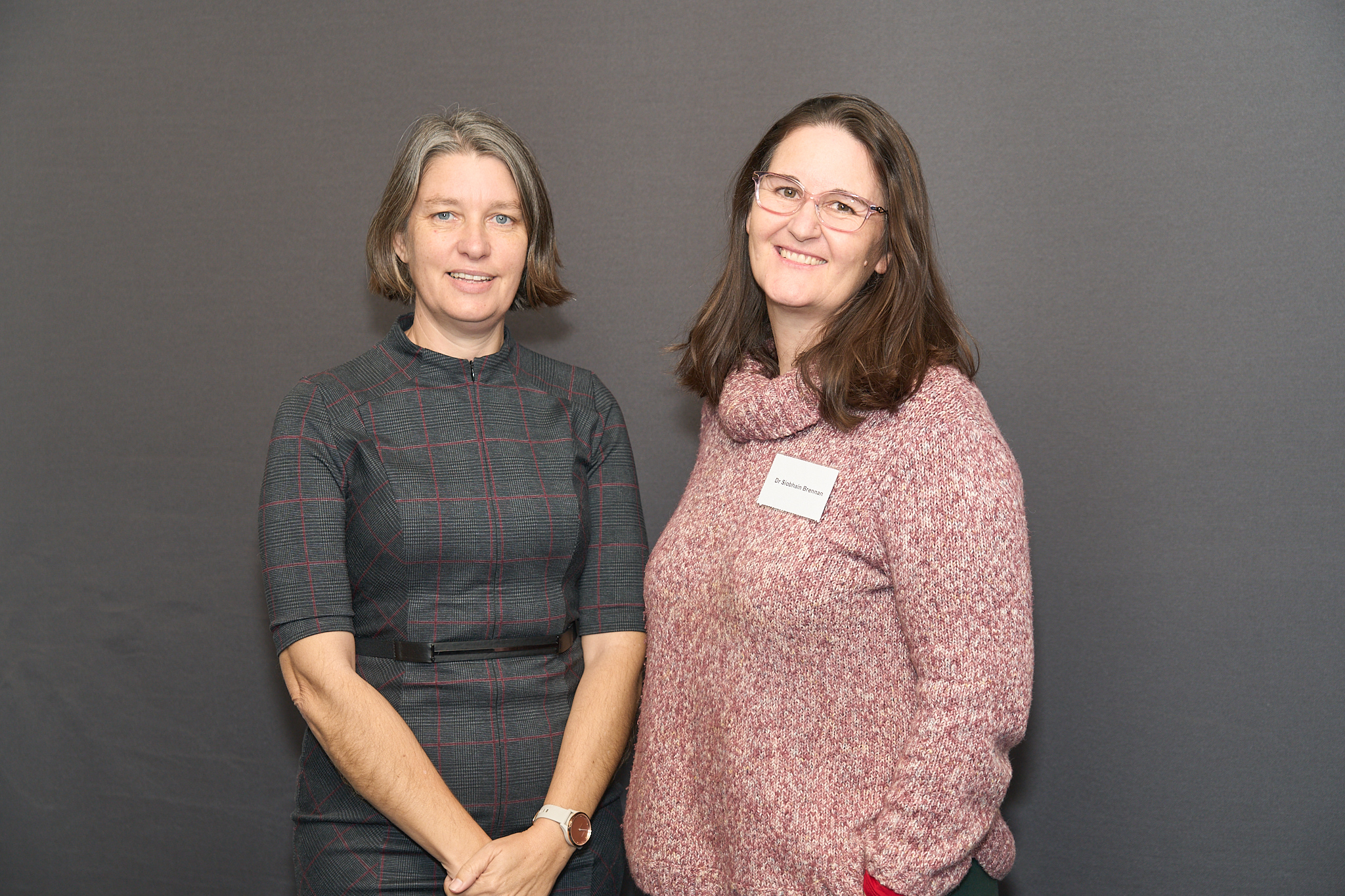- Home
- Latest news from Silverchain
- Palliative care experts gather in Perth
Palliative care experts gather in Perth
Silverchain recently hosted an event in Perth for palliative care health professionals, bringing together GPs, specialist doctors and nurses.
The event was part of Silverchain’s Silver Learnings series, which offers professional development sessions that are focussed on supporting GPs and other health care providers to deliver integrated care across various settings including people’s homes and the community.
The Silver Learnings session was held in late June at Bentley Technology Park and was centred on how best to support patients to achieve their wish to die at home.
The session was led by Silverchain Medical Director for Palliative Care in WA, Dr Fiona Findlay, and Silverchain GP Liaison Dr Siobhain Brennan, who gave attendees insights into Silverchain’s home-based specialist palliative care service, providing various case studies on client care and experiences.
Dr Findlay said the key to ensuring a less stressful end-of-life experience was to ensure open and frank conversations among family members in the very early stages of transitioning to palliative care.

“One of the truly unique aspects of palliative care is that every client experience is different. I cannot tell you exactly what a client experience is necessarily going to look like or what will happen.
“There are many variables with each case, including the client’s health condition, their carer support structure, and the home environment.”
“As the 2023 WA Australian of the Year Professor and palliative care research Samar Aoun has previously quoted the saying that death is a social event with a medical component, not a medical event with a social component.
"Adding this has, people don't die as isolated diagnoses such as heart failure - they die in their communities,” Dr Findlay said.
Silverchain has provided Western Australians of all ages with access to quality in-home palliative care for more than 40 years.
While 70 per cent of Australians want to die in their own home, only Western Australia is close to fulfilling that end-of-life wish. Nationally, just 14 per cent of people were able to die at home. Through its partnership with the Western Australian Government, Silverchain’s palliative care service enables 60 per cent of its WA clients to die in their own home.
Dr Findlay leads the medical components of Silverchain’s specialist in-home palliative care service that has an interdisciplinary team of specialists, general practitioners, and registrars. Dr Brennan is a part of Silverchain’s specialist medical team and has a background in paediatric care, immunology, and community palliative care.
The topics covered in the session led by Dr Findlay and Dr Brennan included how to prepare patients and their families for palliative care; understanding system supports and symptom control; what services and resources are available; and the best referral pathways.
Dr Brennan said research showed that better continuity of care across acute and primary care could significantly improve patient outcomes.
“This leads to less hospitalisations, lower mortality, and higher levels of patient and carer satisfaction,” she said.
“Silverchain’s Silver Learnings series is one way in which the organisation is partnering with clinicians and referrers to help patients receive the quality care they need.”
For more information on Silverchain’s professional development sessions, visit the Silver Learnings webpage.



